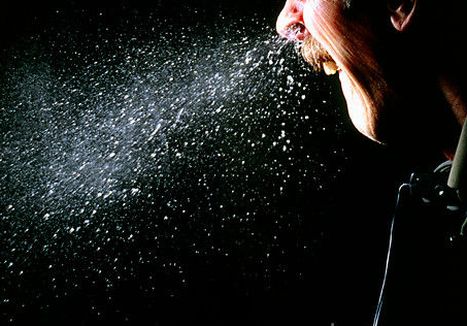
Traveling at around 100mph, a single sneeze is capable of sending 100,000 germs into the air. However, it always depends on how forcefully you do it, whether you make a loud sound or a tiny, choked one. Also called as sternutation, sneeze means a convulsive expulsion of air from lungs through the nose and mouth, which is caused when foreign particles irritate the nasal mucosa. Sneezing is a reflexive response which involves the face, throat and chest muscles.
Primarily, sneezing is an explosive, spasmodic involuntary reflex action which results from irritation of the nasal mucous membrane. Sudden exposure to bright light, sudden fall in temperature, cold air, viral infection, a full stomach are some of the factors that ultimately lead to sneezing. We sneeze when our body wants to remove mucus containing foreign particles or irritants from the nasal cavity. While sneezing, our soft palate and palatine uvula get suppressed and the tongue rolls back to close the passage to the mouth, thus allowing air ejection from lungs through nose. So, sneezing helps expel harmful bacteria and virus during cold, allergic reactions or exposure to dust.